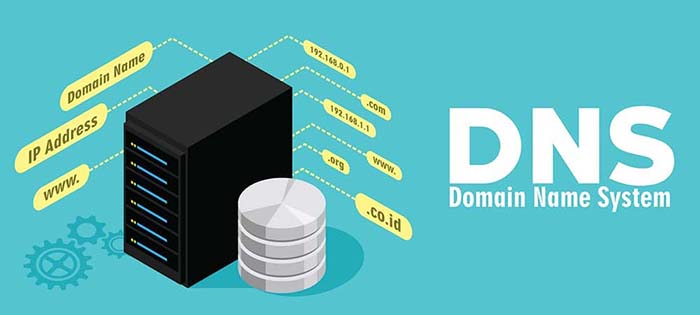What is Domain Name Server (DNS)?
DNS (Domain Name Server, domain name server) is a server that converts a domain name and its corresponding IP address. A table of domain names and corresponding IP addresses is stored in DNS to resolve the domain names of messages. A domain name is the name of a computer or computer group on the Internet. It is used to identify the computer’s electronic location during data transmission. A domain name is composed of a series of names separated by dots, usually containing the organization name, and always includes a two to three letter suffix to indicate the type of organization or the country or region in which the domain is located.
Each device connected to the Internet has a unique IP address which other machines use to find the device. DNS servers eliminate the need for humans to memorize IP addresses such as 192.168.1.1 (in IPv4), or more complex newer alphanumeric IP addresses such as 2400:cb00:2048:1::c629:d7a2 (in IPv6).
Types of DNS services

Authoritative DNS:
An authoritative DNS service provides an update mechanism for developers to manage their public DNS names. Then, it responds to DNS queries and converts the domain name to an IP address so that the computers can communicate with each other. The authoritative DNS has the final authority for the domain and is responsible for providing the recursive DNS server’s response to the IP address information.
Recursive DNS:
The client usually does not directly query the authoritative DNS service. Instead, it usually connects to other types of DNS services called resolvers, or recursive DNS services. A recursive DNS service is like a hotel concierge: although it does not have any DNS records of its own, it can act as an intermediate program to obtain DNS information on your behalf. If the recursive DNS has a DNS reference that has been cached or stored for a period of time, it will respond to DNS queries by providing source or IP information. If not, it will pass the query to one or more authoritative DNS servers to find the information.

